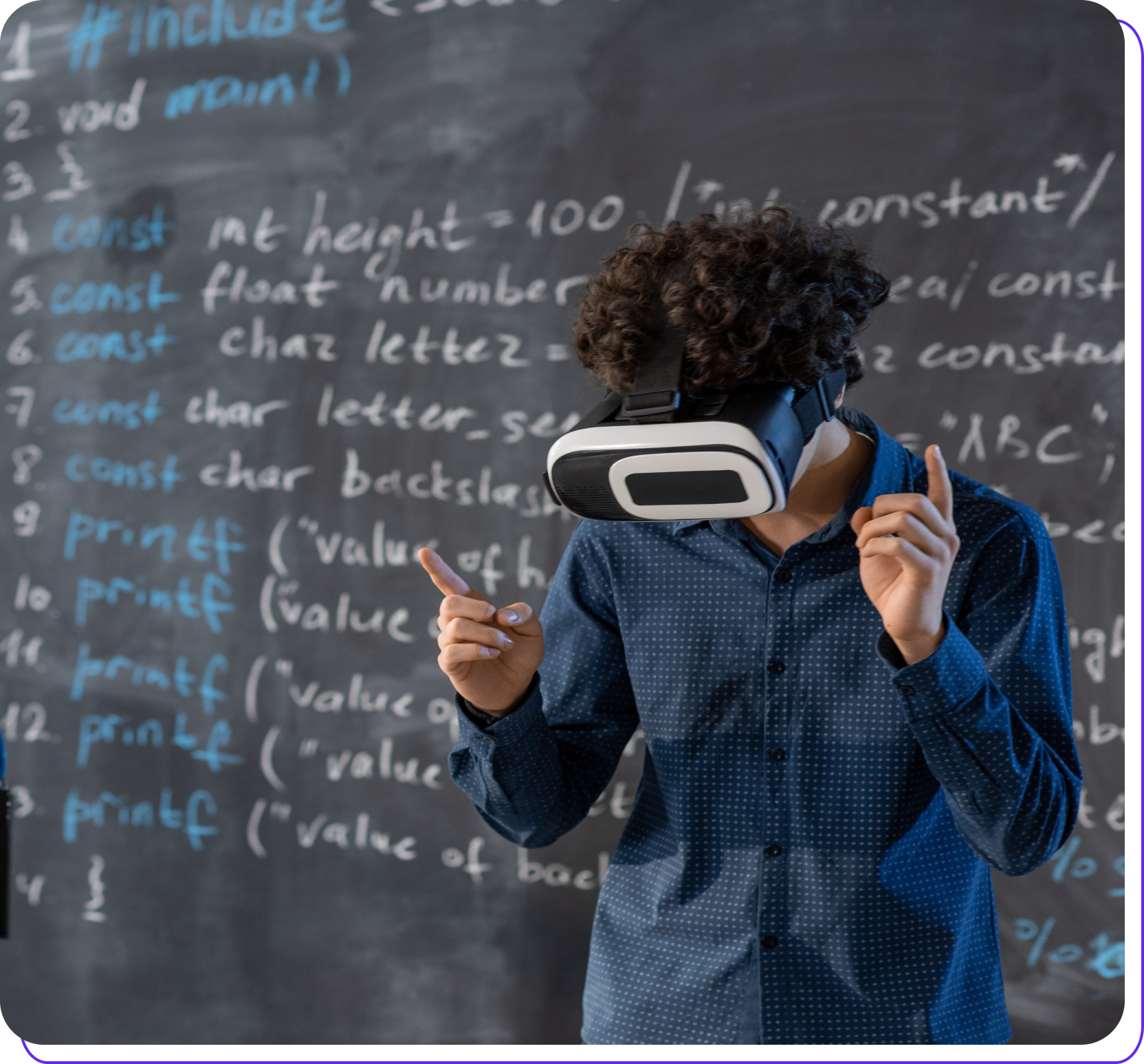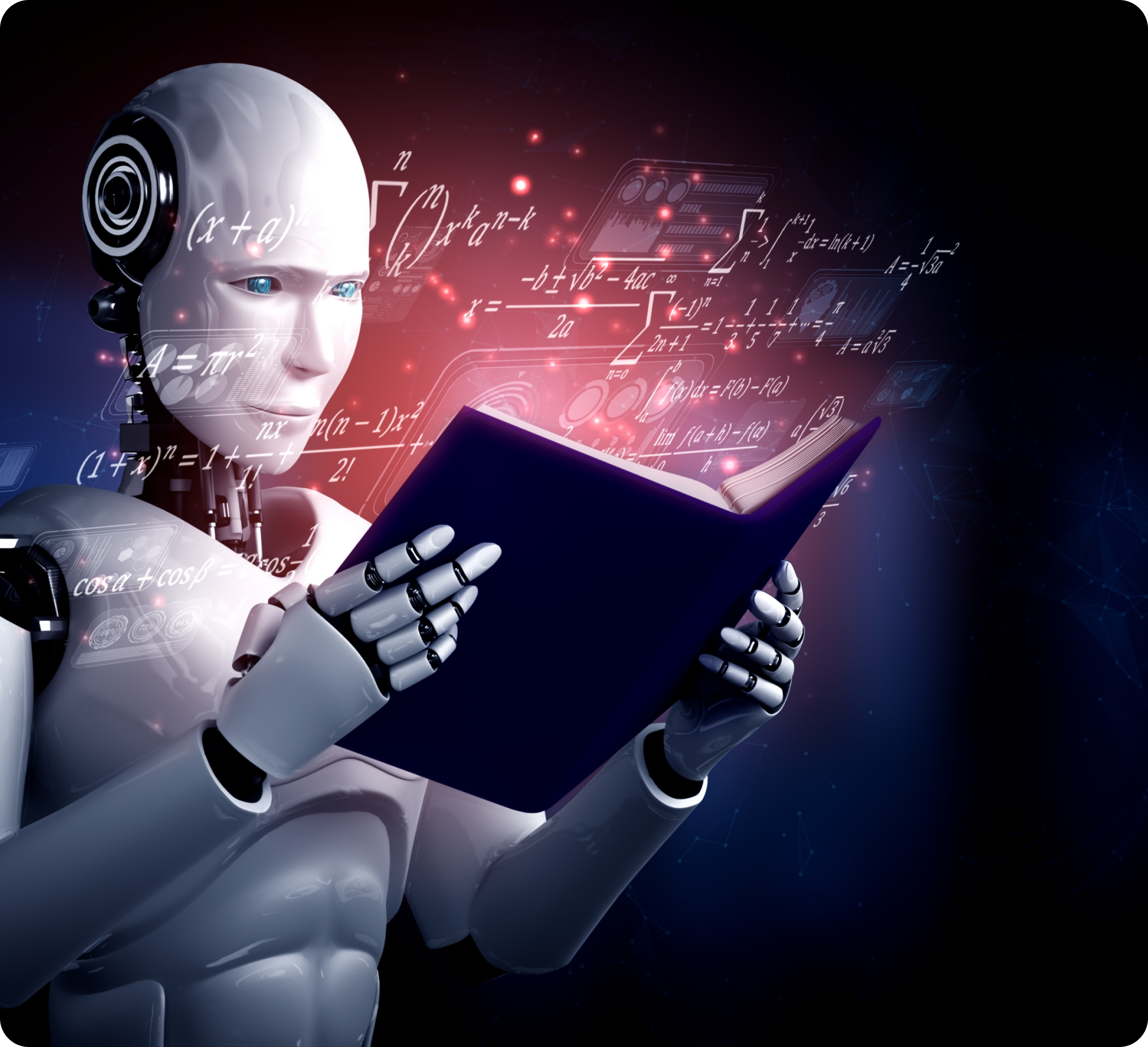Ed-Tech & E-Learning
Artificial Intelligence in Ed-Tech & E-Learning
The education landscape is transforming with the integration of Artificial Intelligence (AI). AI is personalizing learning experiences, automating tasks, and providing educators with valuable data-driven insights, leading to improved student engagement, knowledge retention, and overall educational outcomes.
Applications of AI in Ed-Tech & E-Learning
Challenges of AI in Ed-Tech & E-Learning

The Future of AI in Ed-Tech & E-Learning

By embracing AI thoughtfully and ethically, educators and Ed-Tech companies can create a more personalized, engaging, and effective learning experience for all students. AI has the potential to revolutionize education and empower learners to achieve their full potential.